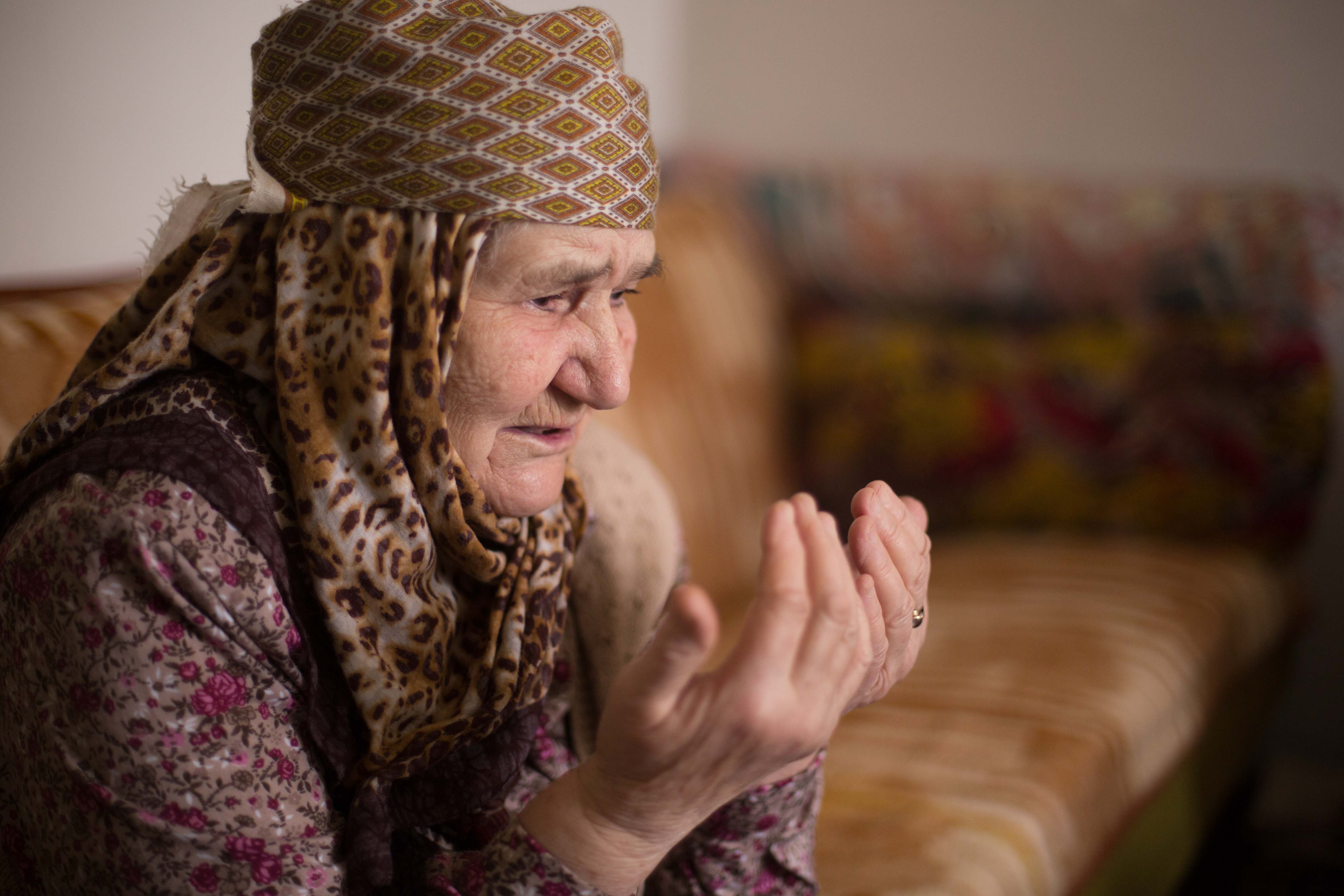Tunisia’s Farmers Are Rebuilding Greenhouses and Building Up Biodiversity with Islamic Relief USA
Laura McAdams is an International Programs Coordinator at Islamic Relief USA.
Mohamad was the first person I met with on my recent monitoring and evaluation trip to Tunisia. He is the community leader of a cooperative of small-scale farmers in the southern town of Faouar. Mohamad comes from a long generational line of farmers.
I followed him on a dry dirt path to a field where rows of greenhouses stood.

Through two consecutive years, southern Tunisia has suffered strong storms that destroyed or severely damaged greenhouse structures in the country. Farmers weren’t able to salvage their crops and resume farming activities because they couldn’t find the money they needed to make the necessary repairs.
Islamic Relief USA, in partnership with the Islamic Relief Tunisia office, helped farmers rehabilitate their damaged greenhouses by providing them with metal poles, plastic sheeting, seeds and fertilizers. Under this project, farmers also received technical training and advice from Ministry of Agriculture engineers, which helped to nearly double their yield in early 2015.
Even though it was over 100 degrees during the middle of Ramadan when many of the farmers were fasting, I saw that Mohamad and half a dozen young men were working under the hot sun, preparing their greenhouses for the next growing season this coming fall. They were covering the ground with hot water and with the new plastic sheets to trap heat in the ground and kill pests and their eggs, weeds, parasites, and other harmful microorganisms, all without the use of harsh chemicals or pesticides.

And the farmers who have benefitted from the improvements to their livelihoods are happy with the results. They’re able to better sustain their farms and have been able to grow their businesses from the previous year.
“Many other farmers in the area work on palm-tree fields in the nearby oasis”, explained Mohamad. “But the land doesn’t belong to us and the trees are not producing as much as they used to. This project is more promising because I was able to make enough money last season to double my space by buying two more greenhouses.”
More than 400 people have been helped.

After witnessing its success, the local representative of the Ministry of Agriculture has promised to expand the project by supporting other struggling farmers in other small villages in the area through the distribution of sheeting and provision of technical advice.
“We are very pleased to see how the farmers took the initiative to quickly fix their greenhouses and turn the seeds into fruits and vegetables [melons and cucumbers],” the Kebili Regional Director of Agriculture, Mr. Fayz Mselem said. “I am looking forward to implementing our own intervention in the area.”
Farmers like Mohamed are not the only ones that benefit from increased agricultural production in the southern region of Tunisia. Farmers are properly caring for the land. They are tending to the health of the soil and ensuring the genetic diversity of local produce.
The community enjoyed the harvests of the greenhouses in the spring: fresh green melons and crisp cucumbers were made available to everyone. And the food dollars spent by local customers were able to stay in the region, encouraging the growth of the local economy and sparking the interest of a new generation of farmers.




